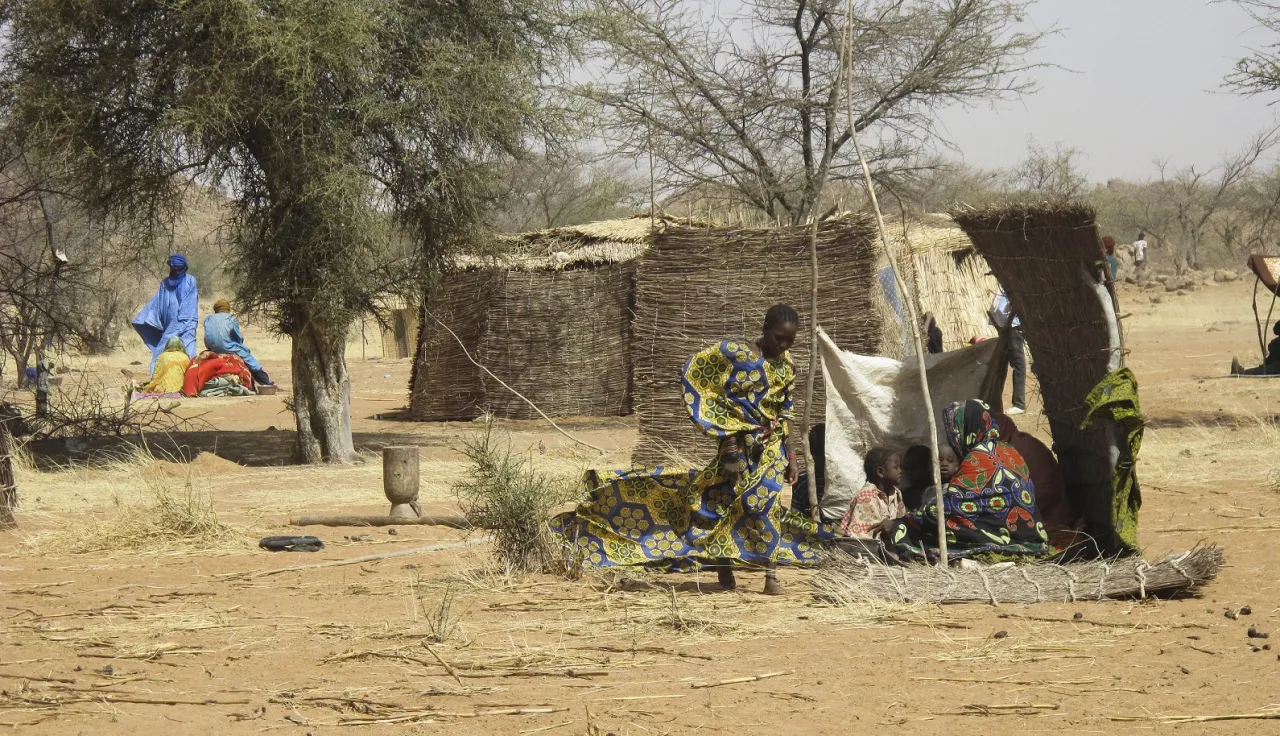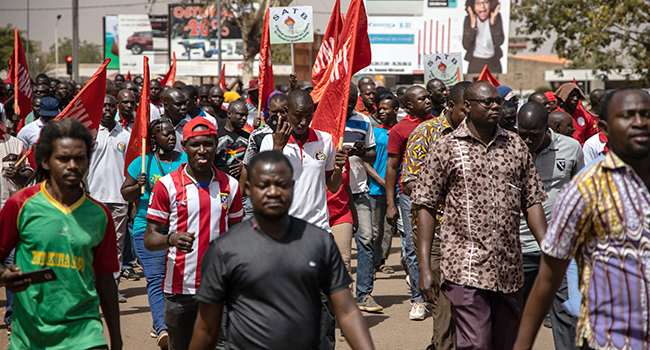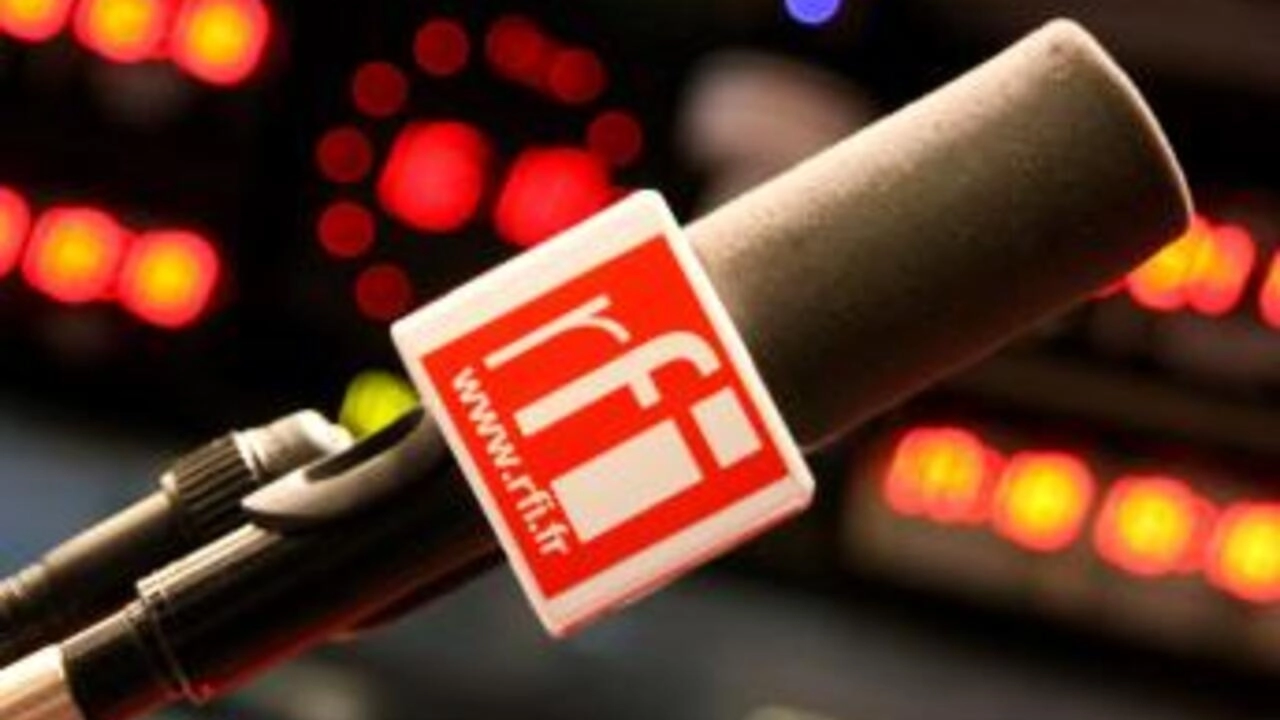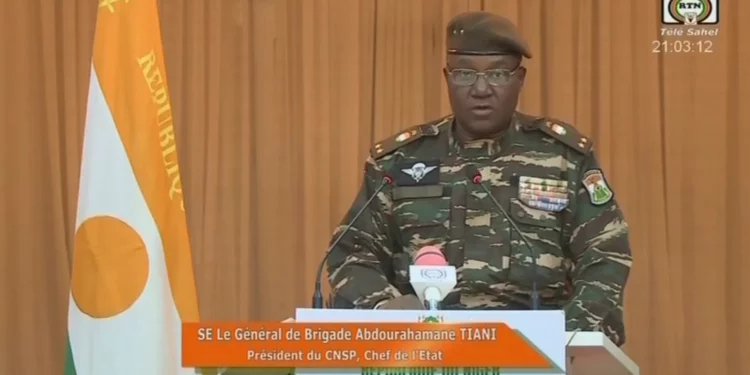The humanitarian crisis in Burkina Faso has reached a critical point as over 2.5 million internally displaced people struggle to find safety and support, particularly in the capital city of Ouagadougou. The military government’s stance on displacement has created a complex web of challenges for those seeking refuge from widespread violence.
In the capital, which has largely escaped the conflict plaguing other regions, displaced individuals face systemic barriers to assistance. Without official displacement sites and limited access to international aid organizations, many resort to begging for survival. The situation is particularly dire for members of the Fulani ethnic group, who face additional discrimination in employment and education.
The military regime’s policy of civilian militia recruitment has intensified ethnic tensions, leading to increased violence against civilians. Recent data indicates a significant surge in militia-related incidents since the current leadership assumed power. Despite these challenges, authorities maintain that security conditions are improving and encouraging safe returns.
The contrast between the capital’s veneer of normalcy and the reality faced by its displaced population is stark. While Ouagadougou hosts cultural events and maintains an active nightlife, those who fled violence struggle in the shadows. Conservative estimates suggest at least 30,000 displaced people reside in the capital, though actual numbers are believed to be substantially higher.
As violence continues in the country’s north and east, the influx of displaced people to the capital is expected to increase, straining already limited resources and raising concerns about long-term stability.



